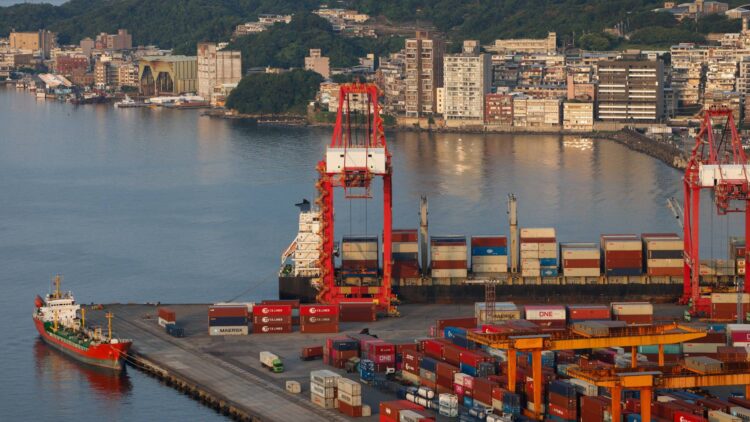South Korea will get ready to implement policies to assist businesses in adjusting to increased US tariffs. Recent changes in international trade have drawn immediate attention to one East Asian country that is well-known for its export-based economy. Manufacturers, exporters, and the whole economy are all concerned about the repercussions of global decisions. The government has acknowledged these difficulties and is currently putting policies in place to lessen the impact and help companies weather the storm because it is tough times for everyone on a global scale.
To address US tariffs and promote domestic growth, South Korea forms a task force
South Korea will prepare measures to help companies cope with higher U.S. tariffs and expand into new markets, the Finance Ministry said on Tuesday, as it kicked off a task force to prepare the new administration’s economic policy plans. On the domestic front, the government will come up with measures to boost short-term demand.
As well as financial support for mid- to long-term technology development to enhance market competitiveness, it said in a statement. South Korea reached a trade deal with the U.S. last week, just days before President Donald Trump’s threatened 25% tariff rate was due to come in on its exports to the United States.
A trade agreement between the US and South Korea lowers tariffs but leaves important issues unresolved
The trade deal set tariffs on exports from the Asian country at 15%, still higher than a baseline 10% rate and the near-zero tariffs for exports under a Korea-U.S. free trade agreement. Still, topics left unresolved by the deal provide scope for more disputes as the two countries prepare for a summit between Trump and the new South Korean President Lee Jae Myung in the coming weeks.
Trump may use the summit to try to squeeze more concessions on areas such as defence costs and corporate investments, left out of the deal, while non-tariff barriers and currency could prove thorny issues, experts said. South Korea’s Finance Ministry, however, sought to give a positive spin on the agreement.
The challenges and wider economic effects on South Korean companies
The economy of South Korea is largely dependent on exports, and many of its businesses are part of international supply chains. Recent tariff increases run the risk of severing these ties and driving up costs for both firms and consumers. Businesses in industries including steel, electronics, and auto parts have cited more challenges as a result of rising costs and ambiguity surrounding future trade relations.
Among the main issues facing corporations are:
- Higher production costs as a result of tariffs.
- Possible decline in market share in the United States.
- Pressure to reorganise activities and supply chains.
Asia’s fourth-largest economy grew in the second quarter at the fastest pace in more than a year on rebounding consumer spending and a surge in technology exports but still faces headwinds from slowing global trade amid the sweeping tariffs. There is also a chance that Trump is unlikely to enforce the full tariff threat on Russian oil, analysts say.
The International Monetary Fund last week raised its outlook for most advanced and emerging economies this year based on developments around U.S. tariff negotiations, but South Korea was among the exceptions, with its 2025 growth forecast revised down to 0.8% from 1.0%. In the future, how well the aid measures meet the needs of the most impacted businesses and whether larger trade talks can reduce tensions will determine how effective they are. Resilience and flexibility will be essential for South Korean businesses to successfully negotiate the unpredictable landscape. Either way, global markets are flat ahead of Fed and tariff decisions.
GCN.com/Reuters


